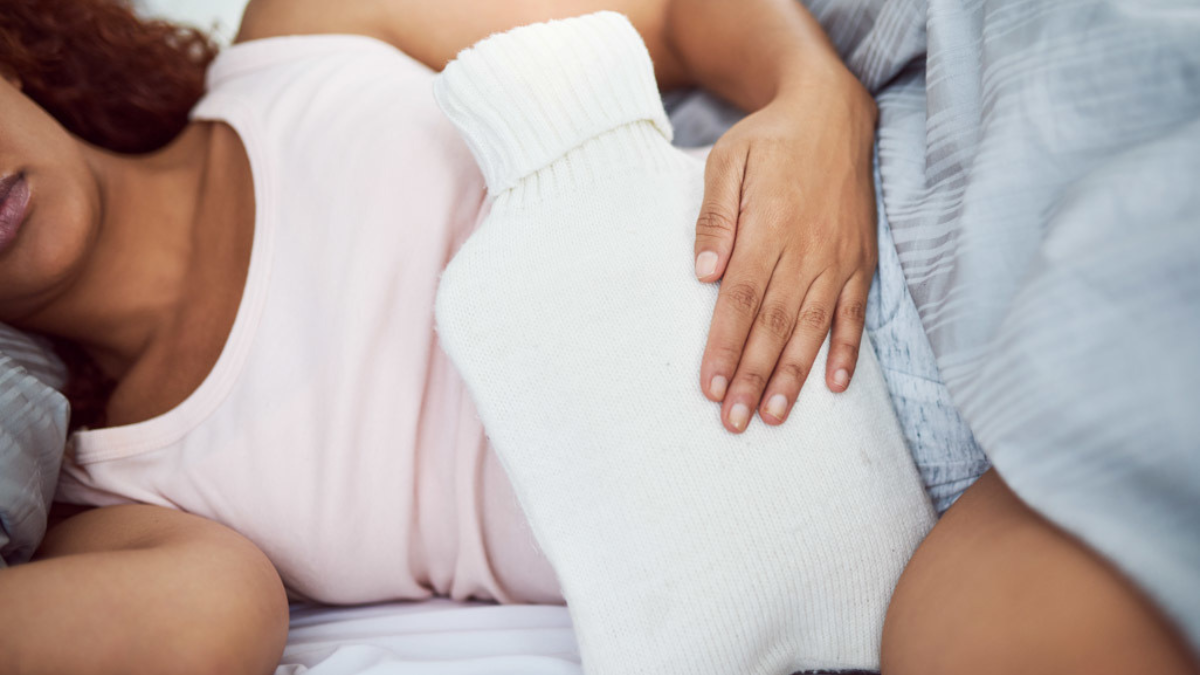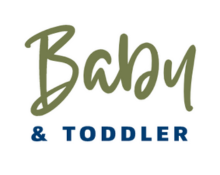
Afterpains, also known as postpartum uterine contractions, are the natural contractions of the uterus that occur after childbirth. These contractions help the uterus return to its pre-pregnancy size and reduce the risk of excessive bleeding. Breastfeeding can sometimes trigger or intensify afterpains due to the release of oxytocin, a hormone involved in milk let-down and uterine contractions. Here’s some information on breastfeeding and afterpains:
Oxytocin Release: Breastfeeding stimulates the release of oxytocin, which promotes milk let-down and can also cause the uterus to contract. These contractions help prevent excessive bleeding by compressing blood vessels and reducing the size of the uterus.
Intensity and Duration: Afterpains vary from woman to woman. They can range from mild discomfort to strong cramping sensations similar to menstrual cramps. Afterpains are typically more noticeable during the first few days after childbirth and tend to diminish over time.
Benefits: Although afterpains can be uncomfortable, they serve an important purpose. The contractions help the uterus heal and return to its pre-pregnancy state. They can also assist in expelling any remaining placental fragments, reducing the risk of infection and postpartum complications.
Breastfeeding and Afterpains: Breastfeeding triggers the release of oxytocin, which can lead to more intense afterpains. The frequency and intensity of afterpains during breastfeeding may be higher in multiparous women (women who have had multiple pregnancies) due to increased uterine sensitivity.
Managing Afterpains:
- Positioning: Finding a comfortable breastfeeding position can help alleviate some discomfort from afterpains. Experiment with different positions to find what works best for you.
- Warmth: Applying a warm compress or taking a warm bath or shower can provide relief and help relax the uterine muscles.
- Pain Relief: Over-the-counter pain relievers, such as ibuprofen, can be effective in managing afterpains. Always consult with your healthcare provider before taking any medications, especially while breastfeeding.
- Support: Emotional support, relaxation techniques, and distraction can also help manage the discomfort associated with afterpains.
It’s important to remember that afterpains are a normal part of the postpartum recovery process. While they can be uncomfortable, they typically diminish within a few days to a week. If you have concerns about the intensity or duration of your afterpains, or if you experience excessive bleeding or other postpartum complications, it’s recommended to consult with your healthcare provider for evaluation and guidance.
